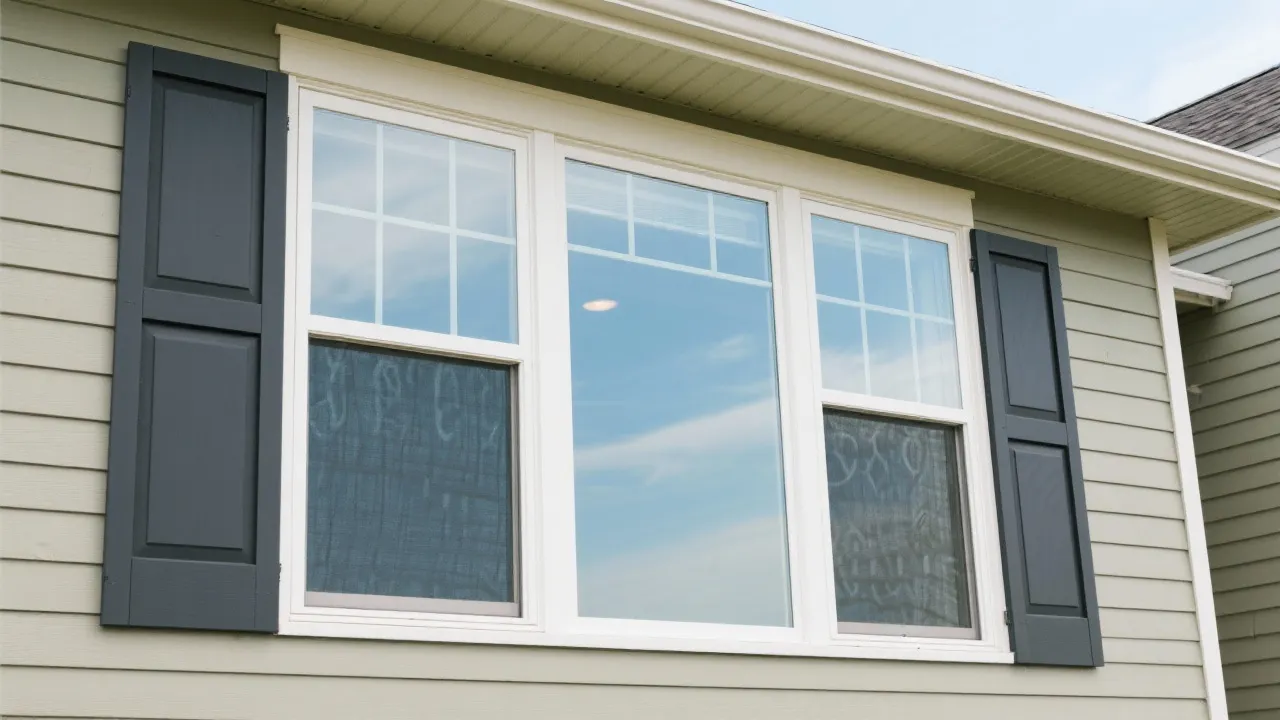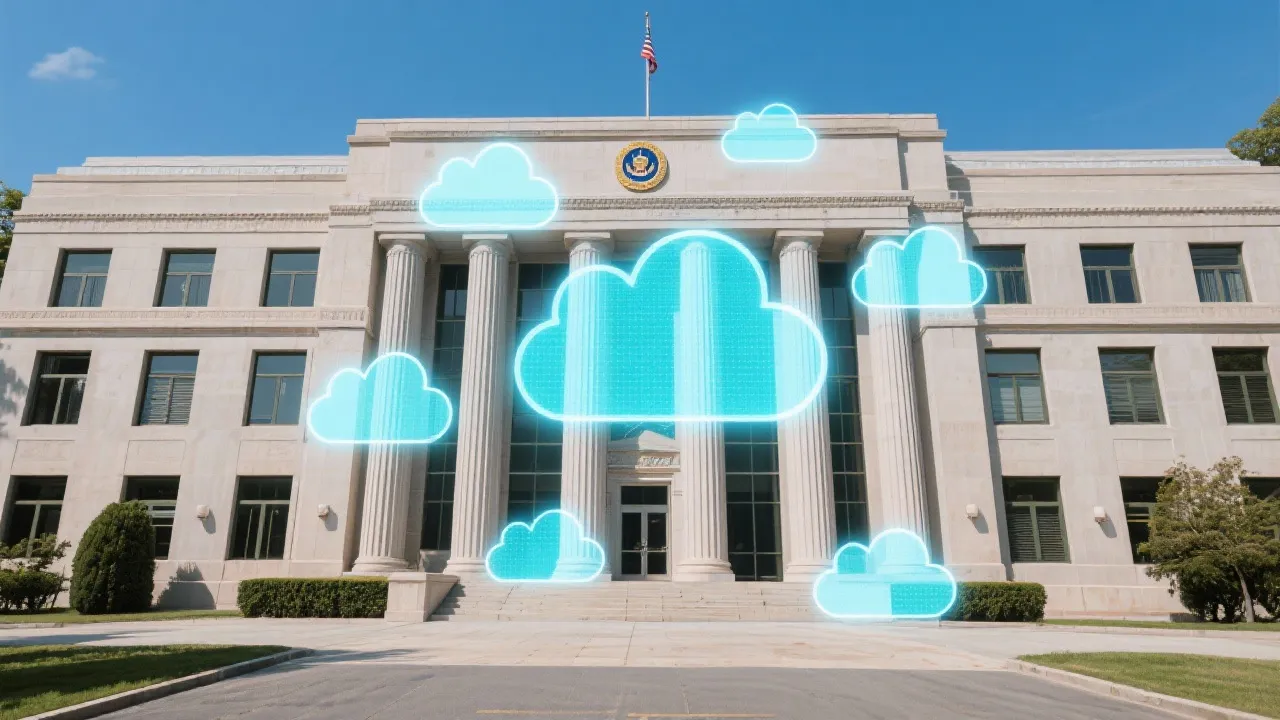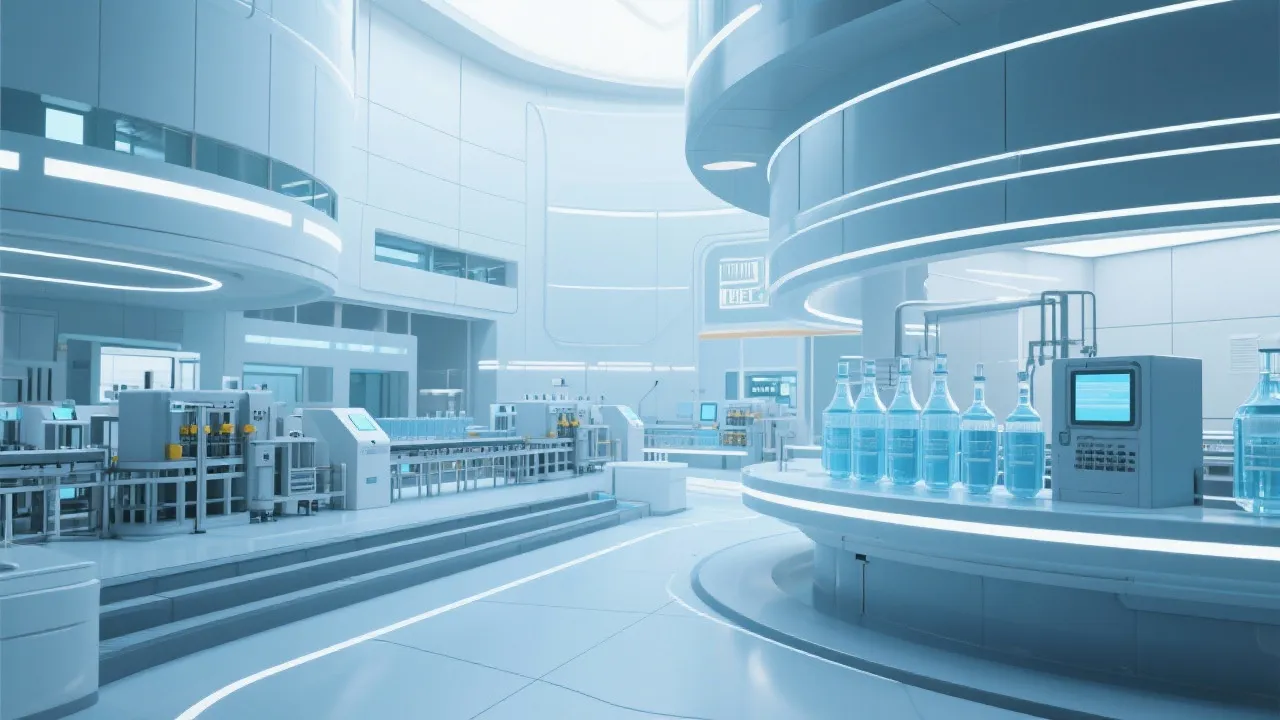Essential Insights for Window Overhaul
Embarking on a window replacement project is more than a mere aesthetic upgrade; it's a strategic decision to boost your home's efficiency, security, and value. As energy prices waver, choosing suitable windows becomes increasingly critical. From cost considerations to environmental impacts and safety, this guide reveals what every homeowner should know before taking the plunge into window replacements.

Understanding Window Replacements
Transforming your home's efficiency with new windows goes beyond appearances; it's a chance to reduce utility costs significantly. Many homeowners realize the savings potential only after experiencing the impact on energy bills. With the right set of windows, you can enhance your living space, both visually and functionally, creating a more comfortable and energy-efficient environment.
Amid global energy fluctuations, choosing and installing the right windows is more crucial than ever. The correct selection could be revolutionary for your home's efficiency. By selecting windows that fit well within your climate zone and specific energy needs, you can decrease your reliance on heating and cooling systems, leading to lower energy bills and a reduced carbon footprint.
- Experts commend Window World's low-maintenance vinyl windows, priced from $199, which offer a balance of durability and style for most homes.
- Known for high insulation, Andersen Windows offers packages starting at $300, well-regarded for their energy efficiency and variety of styles.
Replacing outdated windows can enhance property value more effectively than many kitchen renovations, offering over a 70% return on investment. Home security is another benefit of modern windows, greatly reducing break-in opportunities due to enhanced locking mechanisms and shatter-resistant glass options.
Discover what astonished even industry professionals. Explore key insights on optimizing window effectiveness by staying informed about the latest technologies and design trends that can elevate your home's appeal and functionality.
Cost Implications of Window Replacements
While the upfront cost of new windows may seem daunting, it's vital to recognize the good energy savings associated with quality window replacements, typically reducing heating and cooling expenses by about 25%. Savings on energy bills can stack dramatically over time, creating a significant financial cushion.
Unexpected charges are common in window replacement projects, making professional installation crucial for airtight sealing. When windows are not installed correctly, even the most energy-efficient model can lead to drafts and moisture infiltration, ultimately costing hundreds of dollars annually in heating and cooling losses.
Potential rebates and tax incentives can also alleviate financial strains, but knowing qualifying models and adhering to deadlines is key. Many homeowners are unaware of available local and federal programs designed to encourage energy-efficient upgrades. Researching these options could save you a considerable amount of money on your investment.
Quality replacements can also boost resale value. Statistics indicate that homes with updated windows sell faster than those with outdated models, making them a wise financial decision that can recover investment when it’s time to move.
Environmental and Efficiency Benefits
Choosing energy-efficient windows is akin to securing a financial windfall for homeowners. Models with ENERGY STAR ratings can yield over $500 in annual savings, proving how efficiently designed windows can bring transformative savings to household budgets. These efficiencies positively affect the environment by reducing overall energy demand.
Double or triple-paned options drastically cut energy loss, contributing significantly to a reduced carbon footprint. These designs utilize a layer of inert gas between panes to provide superior insulation compared to traditional single-pane windows. The effectiveness of multiple panes in preventing heat transfer is critical for maintaining a stable indoor temperature, especially during extreme climate conditions.
Moreover, the production processes for these windows tend to be environmentally considerate, utilizing fewer resources and emitting less waste. Many manufacturers are transitioning to eco-friendly practices, such as recycling old window materials and using sustainable resources, thus further minimizing the impact on the environment.
Risks of Ignoring Window Maintenance
Neglecting window upkeep can foster mold and allergen proliferation, posing serious health risks to residents. The presence of moisture around windows can lead to serious issues, including structural damage and poor indoor air quality. Regular inspections can help detect these problems early on, preserving both health and home integrity.
Compromised windows are more vulnerable during adverse weather. Homes situated in regions prone to storms or extreme winds can suffer considerable damage if windows are not appropriately maintained. Routine checks can prevent costly damages by identifying potential weaknesses before they turn into significant issues. For example, cracked or decaying frames can lead to water infiltration, causing extensive damage and costly repairs.
Heat leaks aren't just financially draining; they also affect indoor comfort levels, illustrating the importance of proper insulation. Windows that don’t seal correctly can lead to uncomfortable drafts and fluctuations in room temperatures, which can be especially problematic in areas that experience substantial temperature changes between seasons.
Advantages of Smart Window Technology
Smart windows are reshaping modern living and revolutionizing how homeowners interact with their environments. These innovative windows adapt tint levels based on sunlight intensity for natural glare reduction, enhancing visual comfort while maintaining energy efficiency.
These advancements integrate seamlessly with security systems, providing an added layer of safety by alerting homeowners to unauthorized entries. Many smart windows come equipped with sensors that can connect to home automation systems, allowing for remote monitoring and control of window features.
While the initial cost is steep, the good energy savings and enhanced security make smart windows a viable investment. Additionally, the convenience of automated window operation appeals to many homeowners looking to elevate their living experience; imagine the ease of adjusting heat or glare with just a tap on your smartphone!
DIY Installation: A Costly Mistake?
Though DIY window installation may appear cost-effective upfront, amateur errors could void warranties and necessitate expensive repairs down the line. Poor installation practices can lead to gaps that allow drafts and water leaks, ultimately negating any potential energy savings that the new windows were meant to provide.
Professional fitments guarantee proper alignment and energy efficiency, offering incentives or discounts for certified installations. In addition to saving money on heating and cooling costs, a professionally installed window ensures longevity and peak performance, making it a worthwhile investment in your home’s value and comfort.
Visual and Comfort Impact of Windows
Windows do more than illuminate; they influence the home's aesthetic and acoustics, crucial for urban residences. The right window styles can dramatically shift how space feels, either opening it up or creating a more intimate atmosphere. For example, large picture windows can invite vast amounts of natural light and provide stunning views while smaller windows can create cozy nooks.
There’s a growing trend towards larger windows and glass doors that blur the lines between indoor and outdoor living. With the proper design, windows can optimize natural light and help homeowners feel more connected to their surroundings. Windows affect interior design decisions, shaping decor and architectural decisions harmoniously, guiding choices in furnishings and color palettes.
Evolving Window Design Trends
Contemporary window designs are breaking away from traditional models, embracing full-length glass, which creates a seamless transition between indoor and outdoor environments. This shift not only enhances the aesthetic appeal but also takes advantage of passive solar heating, reducing energy consumption.
Creative frame colors and forms offer homeowners avenues for personalized expression. Unconventional window frames can become focal points in design, showcasing architecture and individual style. With a variety of materials available, including wood, aluminum, and vinyl, homeowners can choose based on budget, style, and desired maintenance levels.
Moreover, the incorporation of decorative elements such as grids, frosted glass, or unique shapes allows homeowners to create unique designs that echo their personal style, ensuring that their windows complement the home's overall look.
Special Windows for Historic Homes
Historic homes require window replacements that respect the architectural essence while enhancing efficiency. Replacing windows in older homes often presents unique challenges as preservation standards must be adhered to, which can involve higher costs compared to standard installations. These considerations include matching original styles, materials, and finishes.
Fostering the integrity of historic properties benefits both homeowners and the broader community, contributing to the preservation of local heritage. Homeowners may also explore specialized services that offer reproduction windows manufactured to match the originals, blending energy efficiency with historical accuracy.
Choosing Between Acrylic and Glass
Deciding between acrylic and glass depends fundamentally on user needs: acrylic is safer for families and pets, being less prone to shattering, while glass offers superior clarity and scratch resistance. Acrylic lenses can warp or cloud over time but are often lightweight and easier to install, making them suitable for specific applications.
For those seeking durability and a longer lifespan, high-quality glass windows with tempered or laminated options provide assurances against impacts while enhancing thermal performance. Homeowners must weigh these factors against individual circumstances and preferences, ultimately selecting the material that fits their needs best.
The Science of Insulation
Modern window insulation incorporates inert gas fillings such as argon or krypton between panes, along with thermal breaks, which dramatically boost home comfort. Understanding U-values and R-values, which measure insulation effectiveness, can guide homeowners in selecting the most energy-efficient options for their specific climate.
Low emissivity (Low-E) coatings on glass go a step further by reflecting heat back inside during winter while keeping solar heat out during summer, making windows smart climate adaptors in any home. Investigating the full range of insulation options available today empowers homeowners to choose products that not only save money but also make their homes more sustainable.
Managing Installation Timelines
Window installations are not immediate processes; understanding the timeline from order placement to completion helps in planning effectively. Various factors influence the duration, from production lead times of custom windows to scheduling inspections and permits. Being prepared for a potential window replacement means being clear about what to expect in terms of timing, thus minimizing stress and disruption in your home.
Communication with your contractor is essential to set realistic expectations regarding installation timelines. Discussing potential delays due to factors such as weather or supply chain issues can help homeowners navigate any surprises that may arise.
Financial Repercussions of Poor Choices
Poor window selection can trigger increased costs and ultimately devalue property investment, stressing the importance of informed decisions. Homeowners should consider total lifecycle costs, including installation, maintenance, and energy efficiency before committing to any window model. Don't overlook assessments of long-term aesthetics and durability, as these can contribute significantly to overall satisfaction and home value.
Engaging qualified professionals for advice at the planning stage can provide insights and recommendations tailored to specific homes and budgets, aiding homeowners in navigating the plethora of options available on the market.
Innovating for the Future
Future-proofing windows involves embracing breakthroughs such as solar-integrated glass, dynamic privacy technologies, and other advancements that improve functionality and sustainability. Solar-integrated glass, for example, can generate electricity through photovoltaic technology, effectively transforming windows into energy-generating assets.
Moreover, smart glass technologies that adjust transparency in response to heat or light conditions are becoming more commonplace. These innovations point towards a future where windows contribute not just to a home’s aesthetics but also actively support energy management, promoting a more sustainable way of living.
Repairing vs. Replacing Windows
Weighing repair against replacement involves assessing deterioration and cost-effectiveness, steering towards sustainable choices. In some instances, especially with older but high-quality wooden windows, repairs may preserve character while enhancing energy efficiency through restoration.
However, when damage is significant or when window technology has drastically improved, replacement often becomes the better investment. Homeowners should closely evaluate the extent of the repairs needed against the potential benefits of modern windows to make an informed decision that aligns with both their needs and budget.
Dive deep into the nuances of window choices to create spaces that harmonize form and function. The long-term benefits of careful decision-making regarding windows—ranging from improved energy efficiency to enhanced property value—cannot be understated, and aligning window attributes with lifestyle needs is essential to maximize satisfaction and investment returns.




